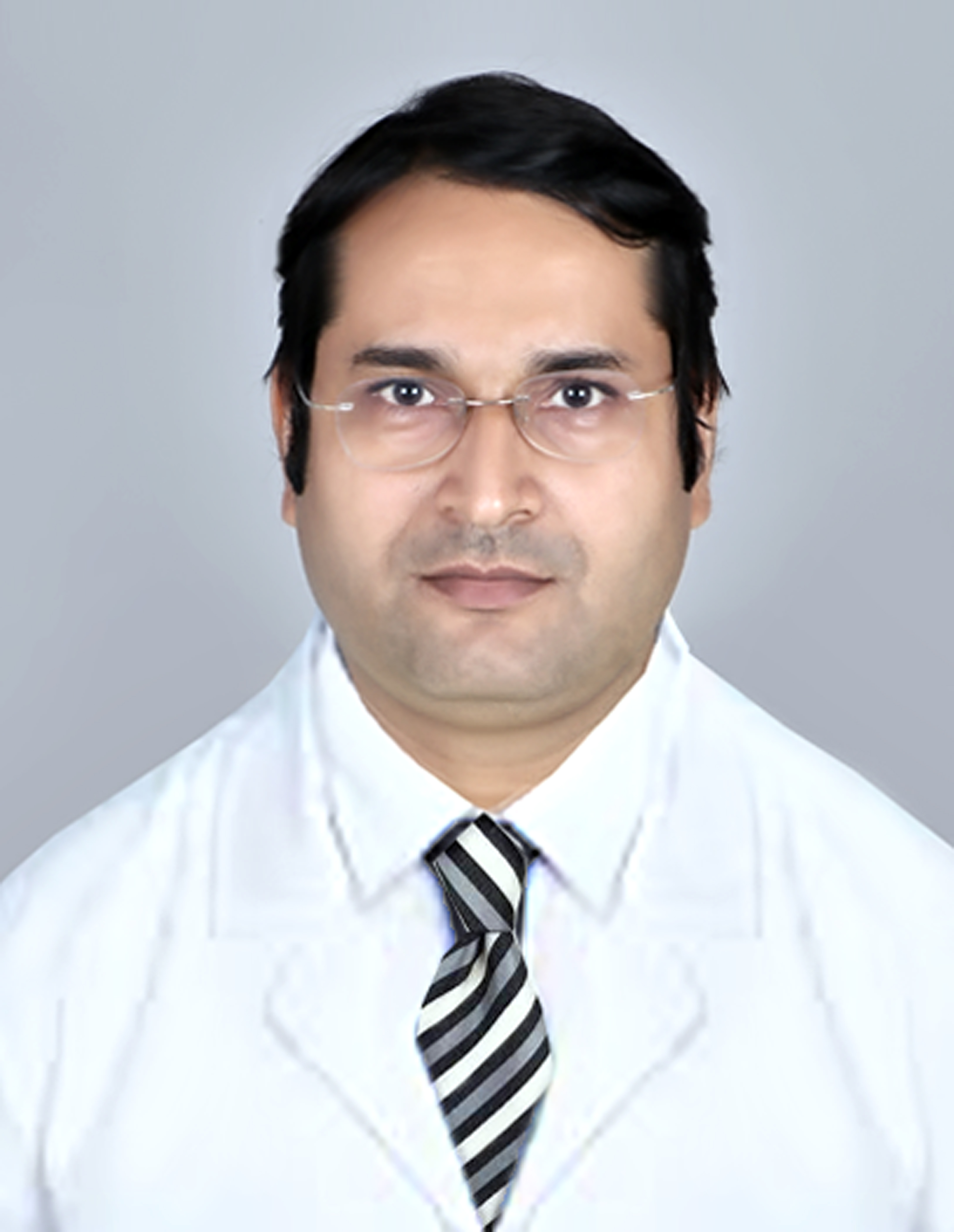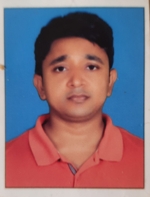Ayurveda
Ayurveda is a system of holistic and individualized medicine having preventive, curative, mitigative, recuperative and rehabilitative aspects. The principal objectives of Ayurveda are maintenance and promotion of health, prevention of disease and cure of sickness. Treatment of the disease consists in avoiding causative factors responsible for disequilibrium of the body matrix or of any of its constituent parts through the use of Panchkarma procedures, medicines, suitable diet, activity and regimen for restoring the balance and strengthening the body mechanisms to prevent or minimize re-occurrence of the disease.
Ayurveda diagnosis and treatment of disease is always individual to each patient. The physician takes a careful note of the patients internal physiological characteristics and mental disposition. The Ayurvedic diagnosis mainly involves:
1. Dasha vidha Pareeksha (Physical & Mental Examination);
2. Nadi Pareeksha (Pulse examination);
3. Mootra Pareeksha (Urine examination);
4. Mala Pareeksha (Examination of the feces);
5. Jiwha evam Netra Pareeksha (Examination of tongue and eyes);
6. Twak evam Shrotendriya Pareeksha (Examination of skin and ear).
Normally treatment measures involve use of medicines, specific diet and prescribed activity routine. Six major treatment modalities in Ayurveda are:
1. Shodhana therapy (Purification Treatment);
2. Shamana therapy (Palliative Treatment);
3. Pathya Vyavastha (Prescription of diet and activity);
4. Nidan Parivarjan (Avoidance of disease causing and aggravating factors);
5. Satvavajaya (Psychotherapy) and
6. Rasayana therapy (use of immuno-modulators and rejuvenation medicines).
OPD Timings:
Mon – Thu: 8:30 AM to 1:00 PM & 2:00 PM to 4:30 PM
Fri – Sat: 8:30 AM to 1:00 PM
Members
| S No | Name | Designation | Image | |
|---|---|---|---|---|
| 1 | Dr. Sunil Kumar Rai | drsunil@aiimsraipur.edu.in | Medical Officer (AYUSH) – Ayurveda |  |
| 2 | Dr. Akhilanath Parida | akhilanathparida@aiimsraipur.edu.in | Senior Medical officer (AYUSH) - Ayurveda |  |
| 1 | Dr. Sunil Kumar Rai | NA | Medical Officer (AYUSH) – Ayurveda |  |

